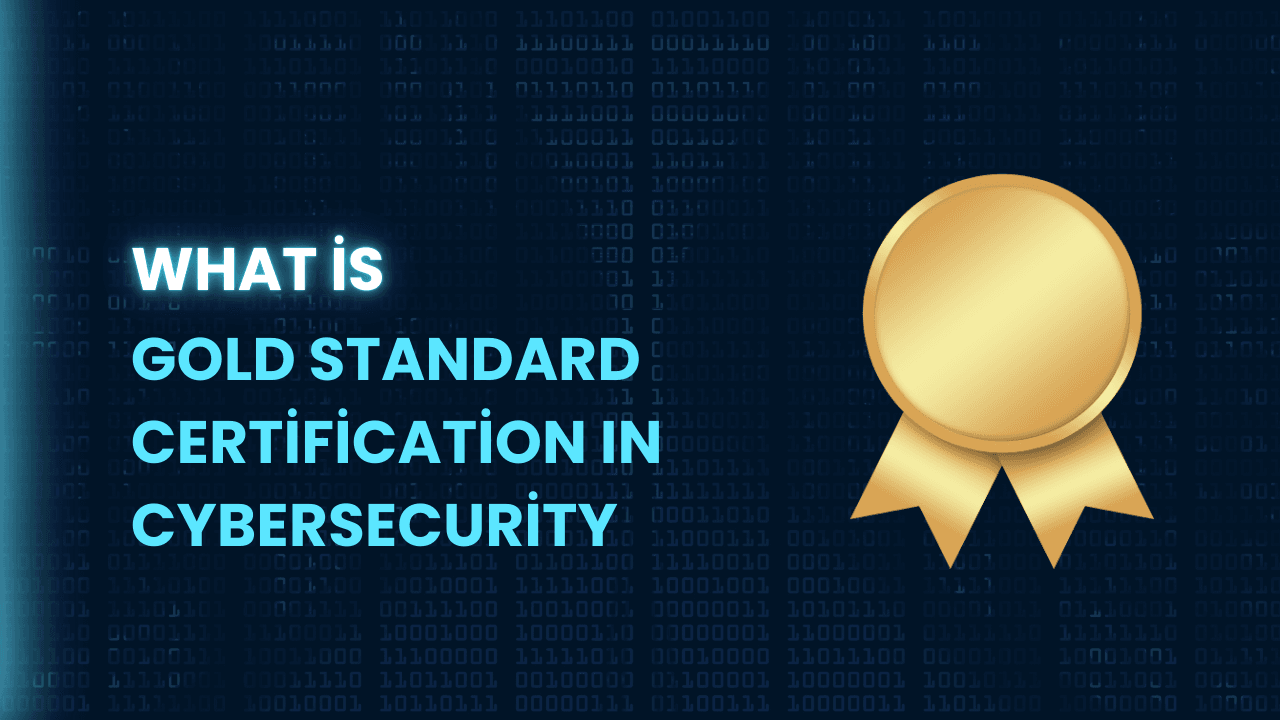
Are you contemplating a career boost through professional certifications? If so, you may have encountered CAISE (Certified Artificial Intelligence Security Expert) and TRAP (Technical Risk Assessment Professional). While both are valuable in their own right, they cater to different needs and specializations within the cybersecurity field. Let’s explore the key differences between these two certifications, what they entail, and the career opportunities they offer.
What is CAISE Certification
CAISE certification focuses on the security of artificial intelligence systems. As businesses increasingly adopt AI technologies, the demand for professionals who can safeguard these systems has surged. The CAISE certification equips individuals with the specialized knowledge required to tackle the unique challenges of AI security.
Key components of the CAISE certification include:
- Candidates learn how to spot potential threats specific to AI applications, such as adversarial attacks that manipulate the output of machine learning models.
- The certification covers effective security measures tailored for AI environments, including implementing robust access controls and encryption methods.
- In today’s digital age, understanding the ethical implications of AI is crucial. The CAISE certification emphasizes the importance of compliance with regulations and ethical standards, ensuring that professionals are well-versed in responsible AI practices.
To obtain the CAISE certification, candidates typically complete specialized training programs and pass a rigorous exam. This certification validates a professional’s expertise in AI security and enhances their employability in industries like healthcare, finance, and technology.
Exploring TRAP Certification
In contrast, TRAP certification concentrates on technical risk assessment across various technologies. It prepares professionals to evaluate, analyze, and manage risks effectively. With cybersecurity threats becoming increasingly sophisticated, organizations are actively seeking skilled individuals who can help safeguard their information systems.
The main focus areas for TRAP certification include:
- Candidates gain an understanding of various risk assessment techniques that help identify vulnerabilities in systems and processes.
- The certification trains professionals in creating effective incident response plans that outline procedures for addressing security breaches and minimizing damage.
- TRAP-certified individuals learn to develop holistic risk management strategies that encompass various aspects of an organization’s IT environment.
By acquiring TRAP certification, professionals position themselves for roles in risk management, security analysis, and compliance, ensuring they have the tools necessary to mitigate threats effectively.
Key Differences in Focus and Scope
While both CAISE and TRAP certifications aim to improve cybersecurity skills, their focus areas set them apart:
- CAISE Certification: This certification is specifically tailored for those interested in the security of AI technologies. It’s perfect for roles that require deep knowledge of AI-related threats and the implementation of specialized security measures.
- TRAP Certification: This certification focuses on risk assessment and management. It’s suitable for professionals seeking to enhance their understanding of technical risks across various domains, making it applicable in numerous industries.
Career Opportunities and Market Demand
The job market is increasingly recognizing the importance of specialized skills in cybersecurity. Both CAISE and TRAP certifications open doors to rewarding career paths, but they cater to different niches.
Professionals with this certification are highly sought after in sectors that utilize AI technologies. Potential roles include AI security specialists, compliance officers, and technical consultants. As AI becomes more prevalent, the demand for skilled individuals in this area will likely continue to grow.
Those with TRAP certification can pursue various roles in risk management, security analysis, and compliance across various industries. Organizations seek experts who can assess and manage risks effectively, making this certification highly relevant.
Certification Process and Requirements
Both certifications require a commitment to learning and skill development.
Candidates must complete specific training that covers AI security principles and practices. After mastering the material, they must pass an examination to earn the certification.
Similarly, TRAP certification candidates undergo training focusing on risk assessment methodologies. After demonstrating their knowledge through an exam, they earn the certification.
Conclusion
Choosing the right Ai Cybersecurity certification can significantly impact your career trajectory. If you are passionate about AI security, CAISE certification is the way to go. However, if you are more interested in a broader focus on technical risk assessment, TRAP certification will serve you well.
In an era of increasingly sophisticated cybersecurity threats, obtaining CAISE or TRAP certification will equip you with valuable skills in high demand. These certifications validate your expertise and enhance your employability in a competitive job market.





